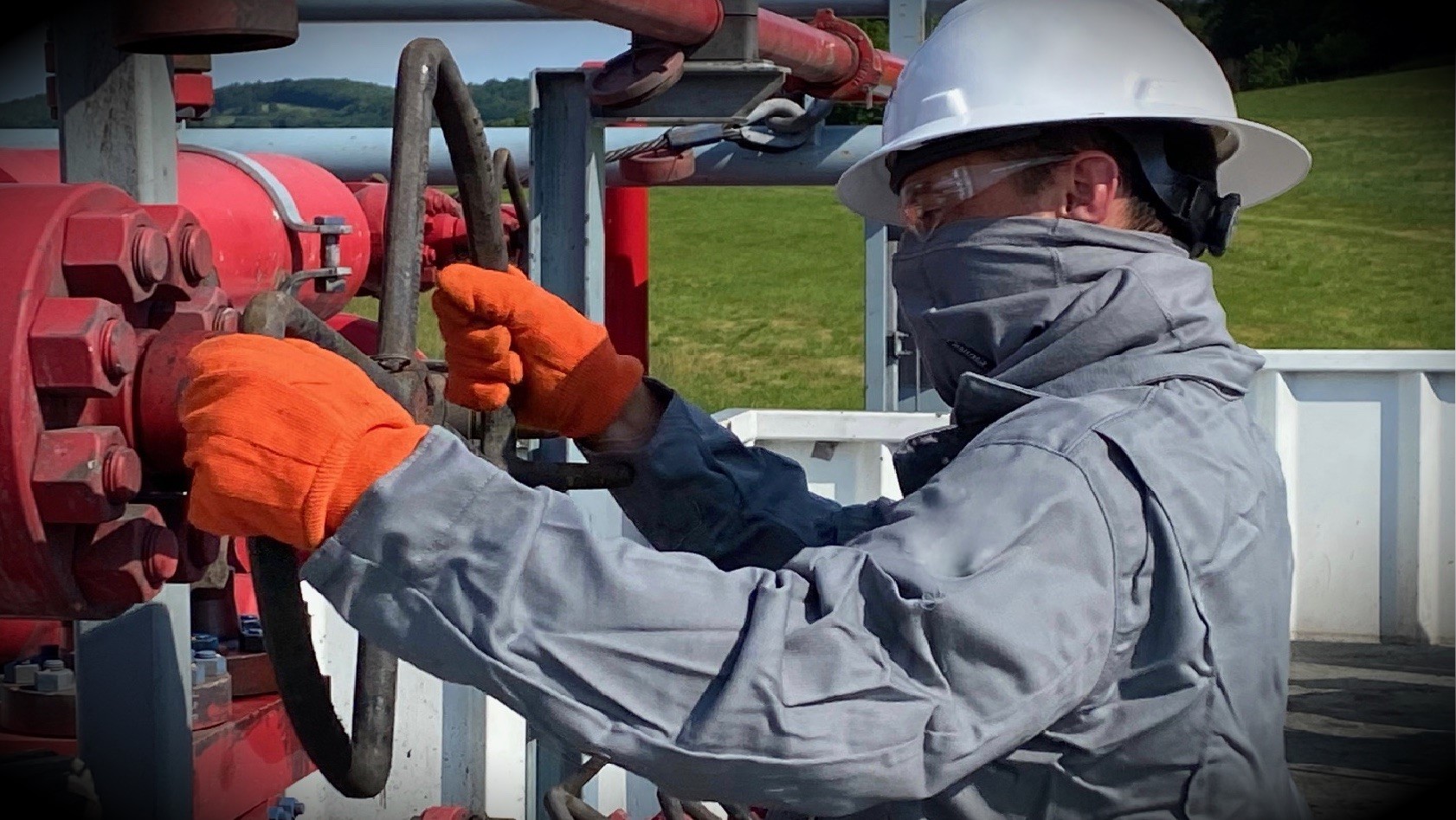The oil and gas industry is known for its demanding work environment, long hours, and high-pressure conditions. While these jobs provide lucrative opportunities, they also expose workers to significant physical and mental stress. Unfortunately, many oil field workers turn to substances like alcohol, opioids, and other drugs as a means of coping with the harsh realities of their profession. This has led to a growing addiction crisis that requires urgent intervention and comprehensive treatment solutions.
Understanding the Scope of Addiction in the Oil Industry
Oil field workers often face grueling schedules that require them to work extended shifts in remote locations, isolating them from family and support networks. The high-risk nature of the job, coupled with exhaustion and stress, makes them more susceptible to substance abuse. Prescription painkillers, commonly used to treat work-related injuries, can quickly lead to dependency, fueling the opioid crisis within the industry. Additionally, the normalization of heavy drinking culture in oil field communities exacerbates the problem.
Despite these challenges, many oil field workers struggle in silence due to stigma, fear of job loss, or a lack of accessible treatment options. This underscores the urgent need for targeted intervention strategies to connect these individuals with the help they require.
Barriers to Treatment and Recovery
Several obstacles prevent oil field workers from seeking addiction treatment. One of the most significant barriers is the fear of jeopardizing their employment. Many workers worry that admitting to substance abuse will lead to immediate termination, further discouraging them from seeking help. Additionally, oil field jobs often require extended stays in remote areas, where access to healthcare facilities and addiction treatment centers is limited.
Another challenge is the cultural stigma surrounding addiction. In an industry that values toughness and resilience, many workers perceive seeking treatment as a sign of weakness. This mentality prevents them from reaching out for the support they desperately need.
Solutions for Bridging the Gap
To effectively address addiction among oil field workers, a multi-faceted approach is necessary. Here are some key strategies:
- Workplace Prevention Programs – Oil and gas companies should implement comprehensive substance abuse prevention programs, including regular screenings, mental health support, and awareness campaigns. Employers should foster a culture that prioritizes worker well-being rather than punishing those who seek help.
- Accessible Treatment Options – Mobile addiction treatment units and telehealth services can provide much-needed support to workers in remote locations. Employers can also collaborate with treatment centers to offer on-site counseling and rehabilitation programs.
- Confidential Support Services – Establishing confidential helplines and Employee Assistance Programs (EAPs) can encourage workers to seek help without fear of repercussions. Providing anonymous peer support groups can also create a sense of community and reduce stigma.
- Flexible Recovery Programs – Many oil field workers cannot afford to take extended time off for treatment. Offering flexible outpatient programs, such as evening counseling or weekend rehabilitation sessions, can make it easier for them to receive care without disrupting their employment.
Conclusion
The addiction crisis in the oil industry is a pressing issue that requires immediate attention. By implementing workplace programs, increasing access to treatment, and fostering a supportive environment, we can bridge the gap and help oil field workers overcome addiction. It is crucial for companies, healthcare providers, and communities to work together to ensure that those struggling with substance abuse receive the help they need while maintaining their livelihoods. Only through these collective efforts can we create a safer, healthier future for workers in the oil and gas industry.

